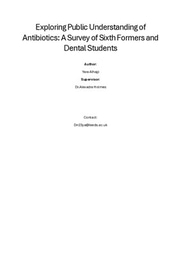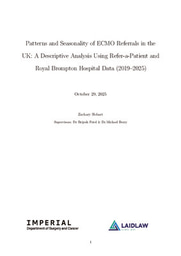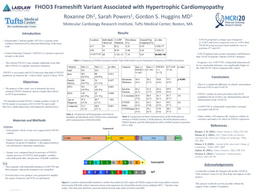Evaluating the abundance of cross-reactive influenza hemagglutinin and neuraminidase-targeted memory B cells
Influenza is a highly infectious respiratory disease, leading to significant global morbidity and mortality. The immune response to influenza involves both innate and adaptive mechanisms, while antibody production against haemagglutinin (HA) and neuraminidase (NA) is the most crucial body defense. However, there is still a notable knowledge gap regarding the population immunity to NA, as well as the relationship between plasma antibodies and those produced by immune cells, namely the memory B cells. Understanding the dynamics of the immune responses is vital for universal vaccine development, particularly in addressing antigenic variation in influenza strains. In this study, human peripheral blood mononuclear cells (PBMCs) were isolated and induced to differentiate into memory-derived antibody-secreting cells (MASCs). The cellular reactivity of MASCs against various HA and NA and the antibody responses of the MBC-derived polyclonal antibodies (MPAbs) secreted from MASCs were evaluated. Our study demonstrated a similarity in antibody profiles between the plasma samples and the MPAb samples of the same individual, suggesting that memory B cells reactivity to HA and NA antigens may be closely parallel to the pattern of plasma antibody secretion. In addition, the significance of anti-NA antibodies has also been pointed out, highlighting the need to focus on NA-targeted vaccine development in order to achieve optimal NA titers in the body.





Please sign in
If you are a registered user on Laidlaw Scholars Network, please sign in